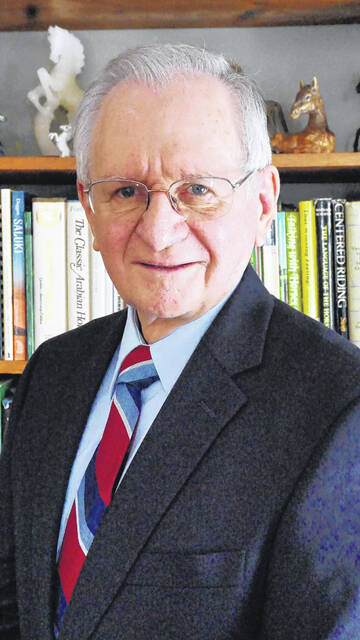We returned last Thursday from a vacation in France. It was wonderful. We landed in Nice on the French Riviera, spent a few days there, then got on a small river ship that took us up the Rhone River, stopping at towns and cities along the way. Those river cruise ships are like floating hotels: your room travels with you, and you only have to unpack and repack once. And while we were onboard, we were spoiled by the staff, especially in the dining room.
Our destination on the ship was Lyon. From Lyon we were taken on board a TGV express train to Paris, where we finished up our vacation visiting various tour sites and taking the obligatory photos of ourselves with the Eiffel Tower in the background. Like I said, it was great.
But the purpose of this writing is not to push river cruises. It’s to talk about French and European attitudes and how they deal with certain issues, compared with us.
On our last evening in Paris, our Tour Director, Roseline, gathered the remaining seven of us for a chat about our experiences and perceptions of France. Somehow, the topic of terrorist attacks came up, especially in Paris. France and other European nations have experienced many terrorist attacks, some of them quite horrendous, though none of them equal to our 9/11 experience. One of our remaining group said that he had noticed how people gathered with ease on the streets, filling the endless number of cafes, restaurants, and bistros, both indoors and at sidewalk tables. Our hotel was right across the street from the Place de la Republique, and every day the plaza was filled with people and vendors. Street markets with fresh fruit, vegetables, and meat were a part of every town we visited. Demonstrations and protests were common, very much part of the scene in Paris, including one demonstration by people from the Tigray region of Ethiopia, which is at odds with the government of Ethiopia. “They’re demonstrating because they want help from the French government,” someone said. Roseline added, “Demonstrations are our way of venting our concerns and calling attention to them.”
Pure and simple, the people of Paris and France enjoy being out and with each other. Threats of terrorism don’t deter them.
To be sure, when I went to the Starbucks in the major train station (I was there to buy Starbucks Paris cups for my son and daughter in law, not coffee) there were armed soldiers patrolling. And armed and ready they were, with assault rifles, side arms, flak jackets, and helmets at the ready. And elsewhere, armed police were quite visible. But police and soldiers weren’t everywhere. And still, people gathered and enjoyed what Roseline called “the vibrancy of the city.” I had noticed much the same thing in Berlin when I was stationed there. The Wall had been up for only a few years, and every once in a while the Soviets would make some kind of gesture to remind us of their presence all around us. It was part of life there, but you didn’t let it dominate your life. People got out and lived life in spite of it. There’s another factor. For over a thousand years, Europe in general was wracked by endless wars for all kinds of reasons. The endless religious wars in Europe were a prime reason America’s founding fathers included in the Constitution the First Amendment barring the government from siding with any particular religious group. And then, of course, there were the wars of aggression, ending but not really ending with World War II and decades of the Cold War.
Pure and simple, the people of most of Europe have had more than enough of war and are ready to move on. The European Union is a major step forward in moving on, and though there is considerable grousing about too much control being exercised by “Brussels,” the seat of the the EU government, it’s clearly seen as a good thing for Europe, and Britain is realizing that BREXIT was a serious mistake.
So how and why do people, especially in Paris, see and respond to terrorism and threats of violence? Roseline says it’s pretty simple and straightforward: “Our message to terrorists is, ‘You will not make us hate.’”
Unfortunately, there are those here in the US that are all too ready to call for war, another civil war, for their own purposes. So perhaps we need to echo the message of the people of Europe to those who call for war here: “You will not make us hate.” As Europe has learned, the costs are far too high.
John Sukovich is a Newberry County resident and a retired professor of business and other IT courses from Midlands Technical College.

